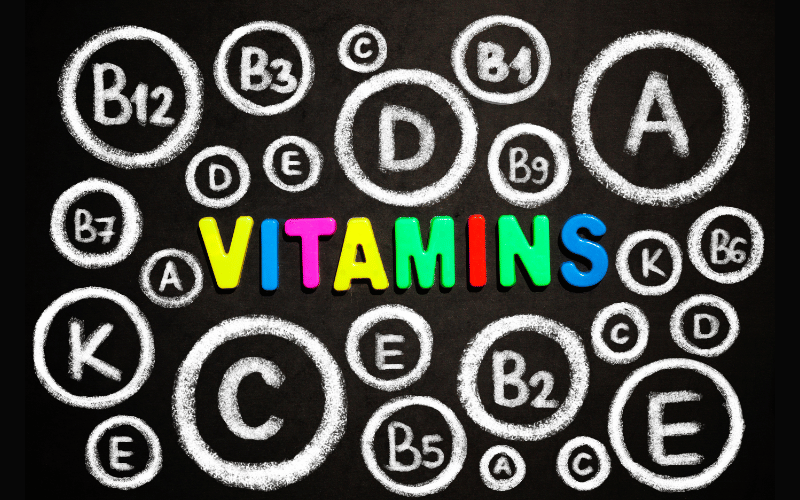9. Vitamin Deficiencies: The Silent Impact

Vitamin deficiencies in cholestasis are a less obvious yet significant consequence of the condition. These deficiencies arise because cholestasis impairs the absorption of fat-soluble vitamins (A, D, E, and K), vital nutrients that the body requires for various functions. The liver’s compromised ability to process and distribute these vitamins leads to a cascade of subtle yet impactful deficiencies.
Vitamin A deficiency, for instance, can manifest as night blindness, a condition where individuals struggle to see in low light. This symptom may initially be overlooked or attributed to aging, but in the context of cholestasis, it’s a red flag for vitamin A deficiency. Similarly, a deficiency in Vitamin D can lead to bone pain and muscle weakness, symptoms often mistaken for general fatigue or aging.
Vitamin E plays a crucial role in protecting cells from oxidative damage. Its deficiency can lead to neurological problems, including peripheral neuropathy, characterized by numbness or tingling in the hands and feet. This can significantly impact daily activities and quality of life.
Vitamin K is essential for blood clotting. In cholestasis, a deficiency in this vitamin can lead to easy bruising and bleeding, which might be initially dismissed as minor issues. However, in the context of cholestasis, they are indicative of a deeper problem in the body’s ability to clot blood.
These vitamin deficiencies highlight the importance of holistic management in cholestasis. They are not just a list of symptoms but a narrative of the interconnected nature of our bodily systems. Addressing these deficiencies is crucial, as they can have long-term implications on overall health and well-being. (9)